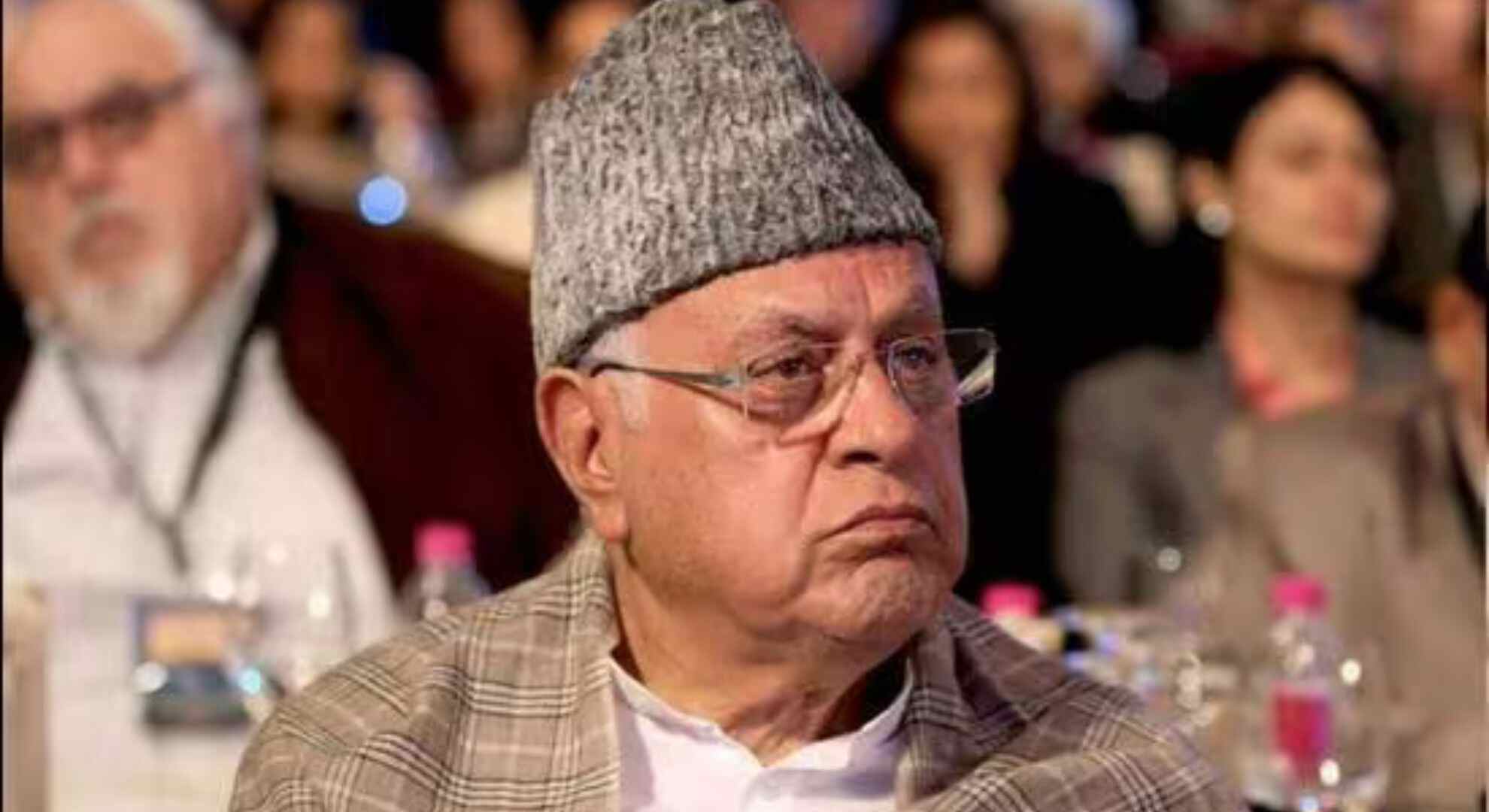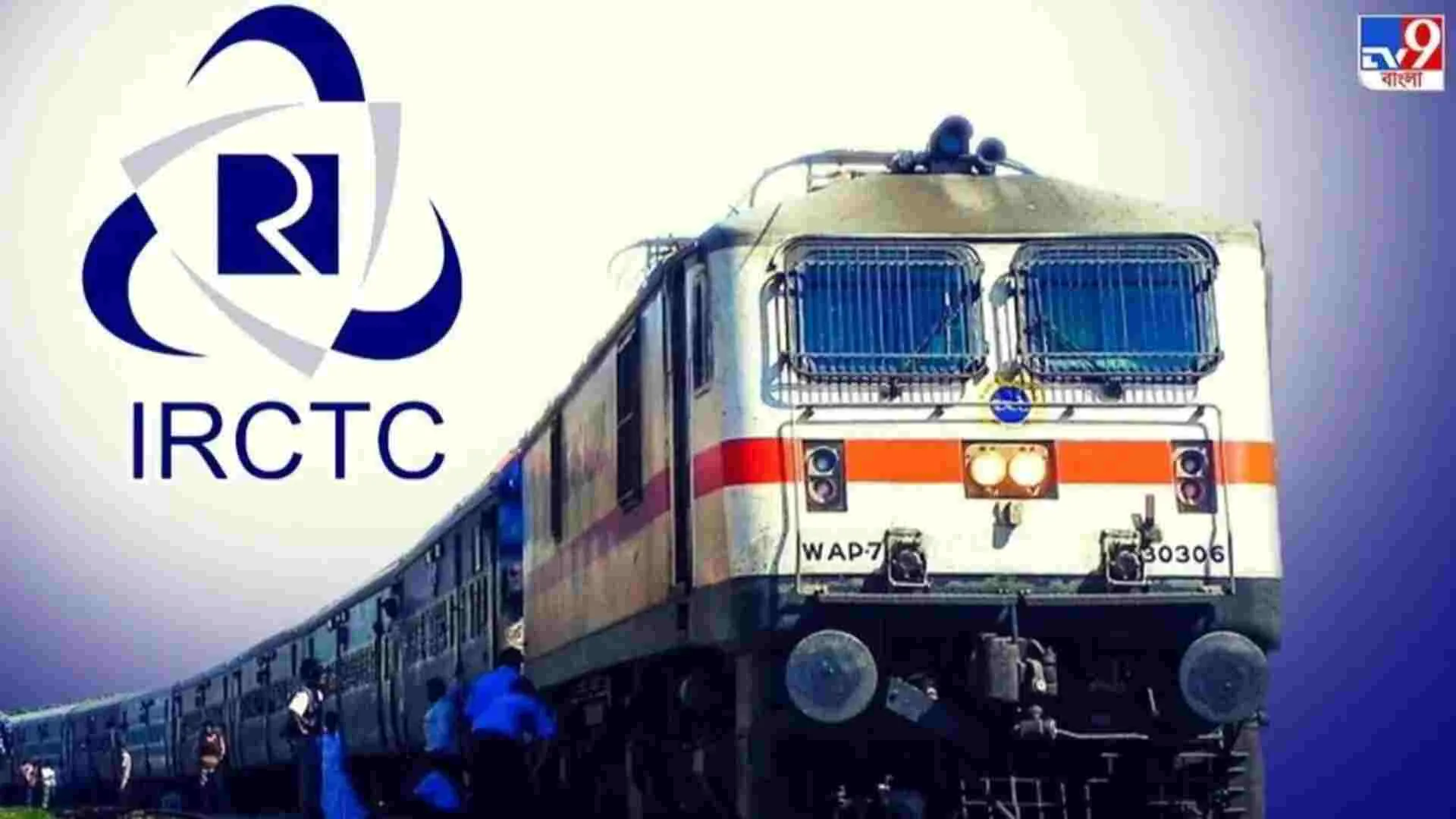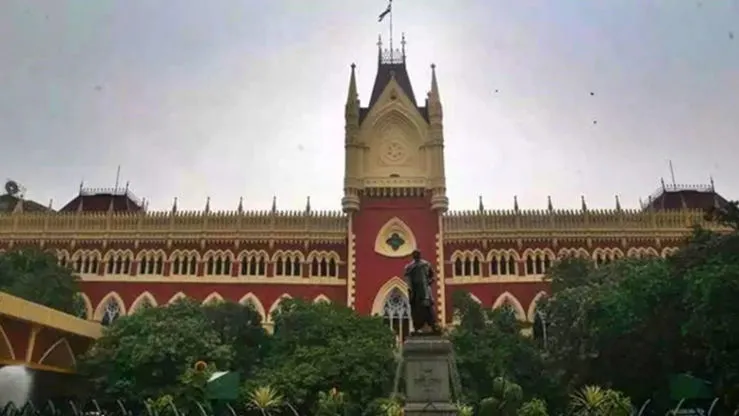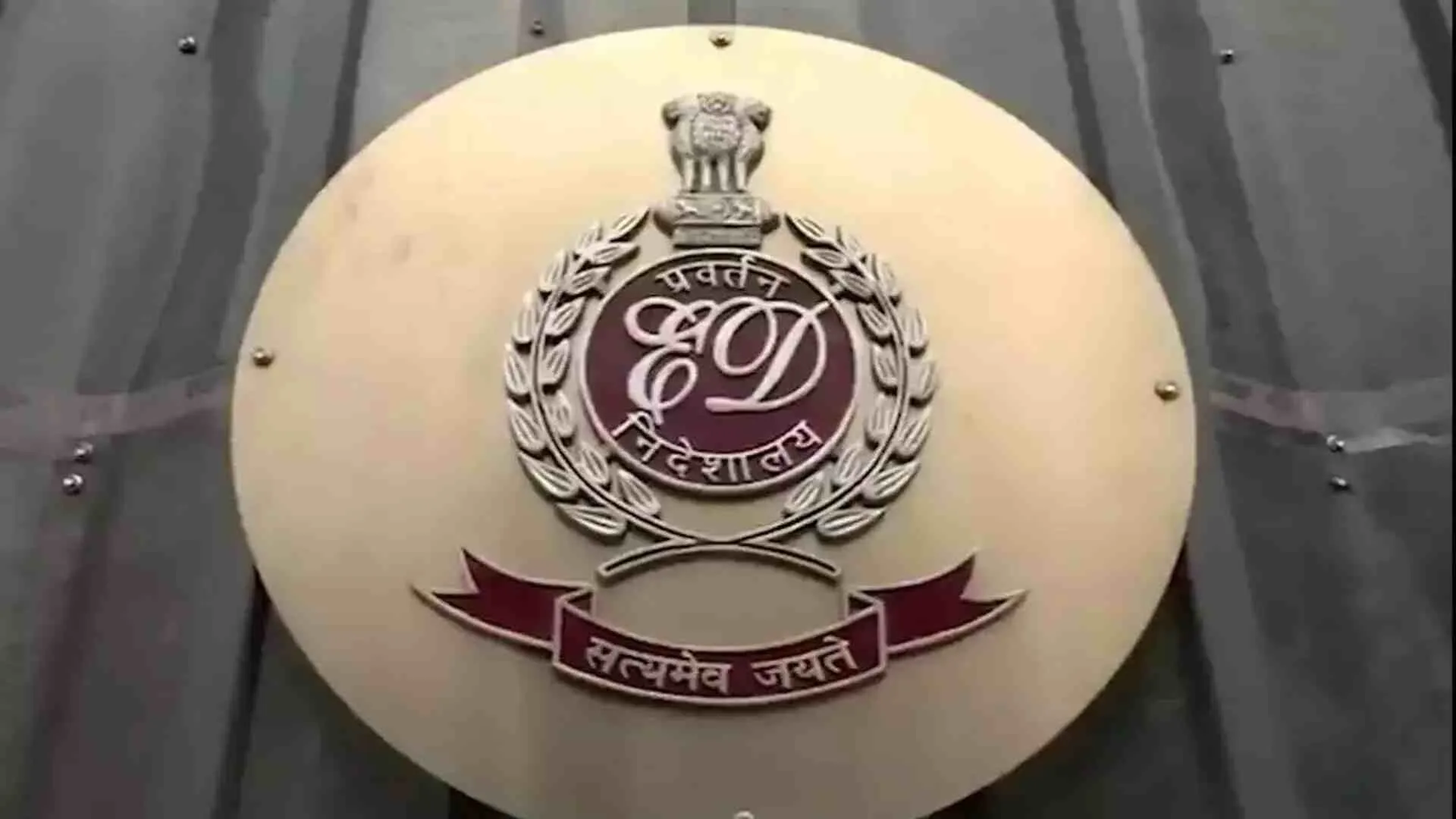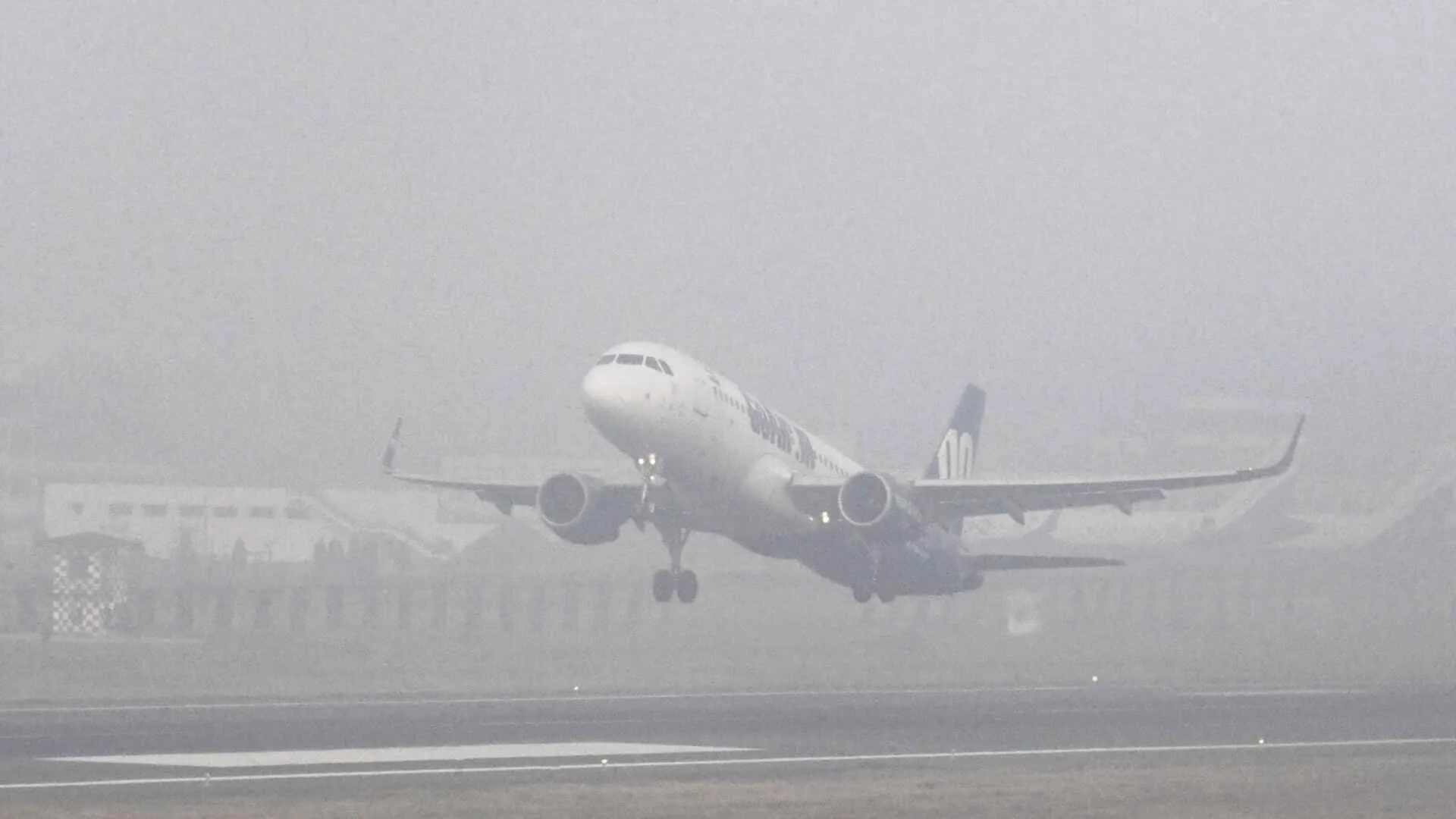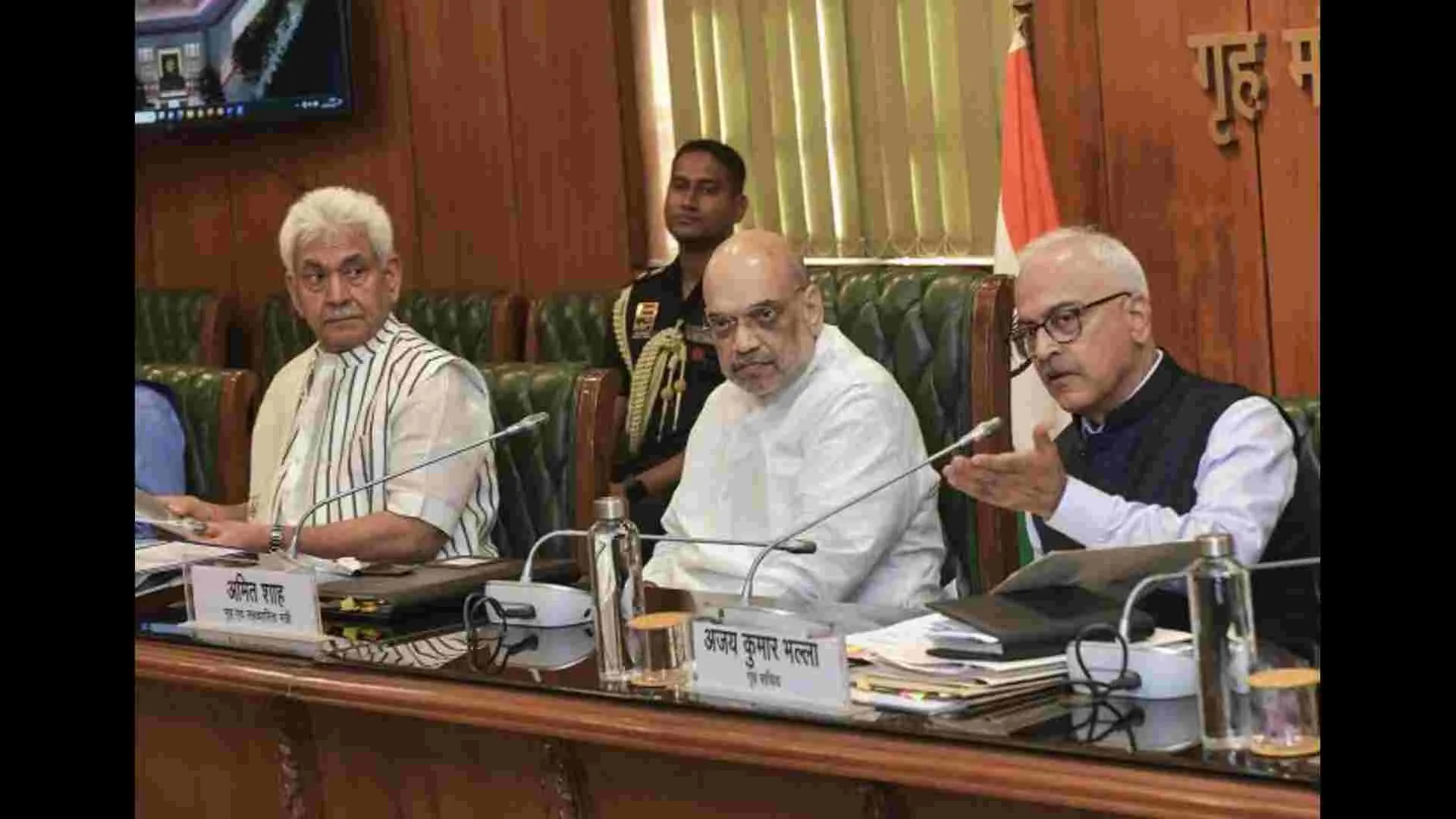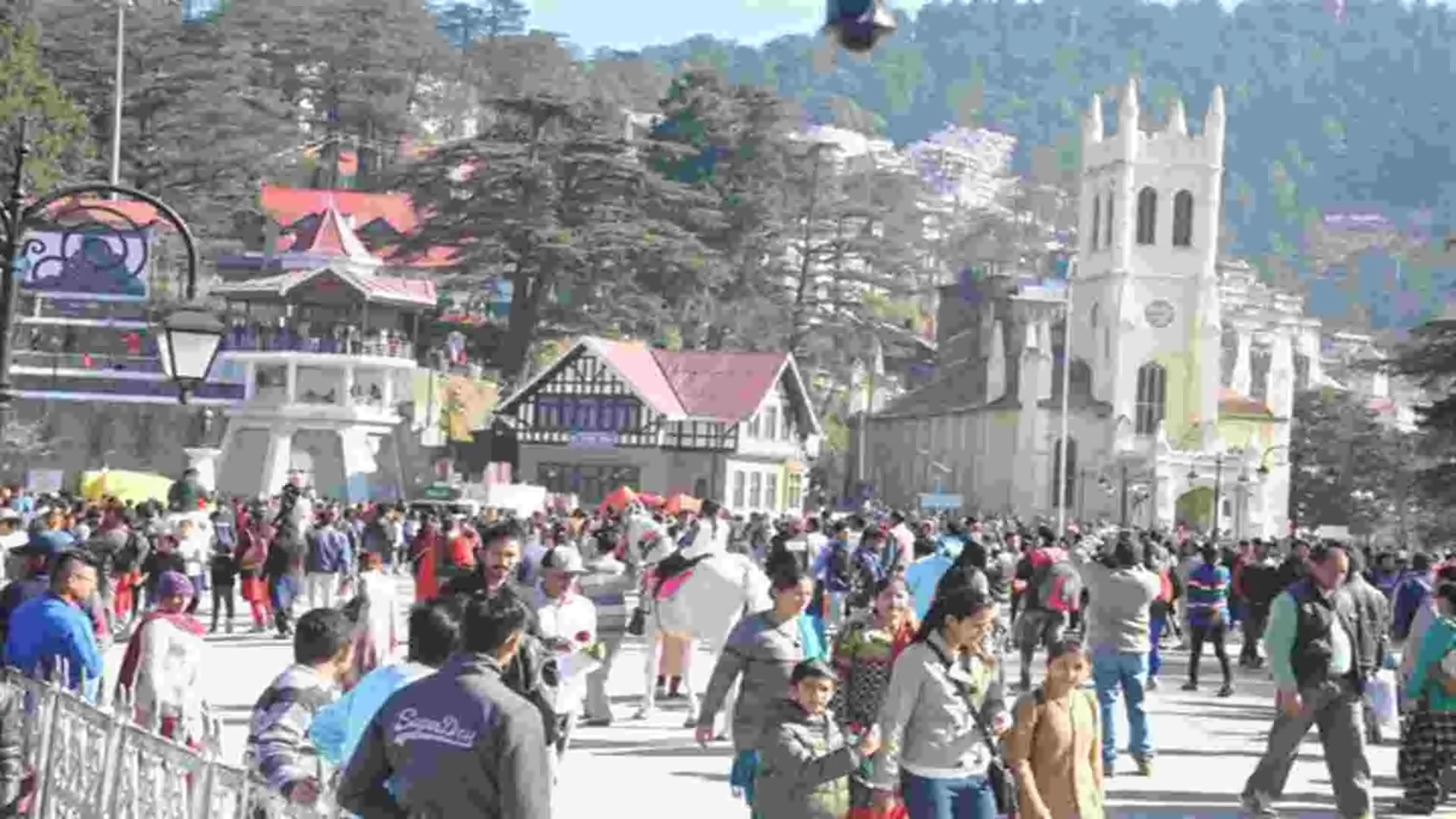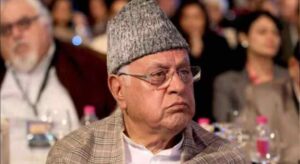In the scenic valley of Srinagar, amidst the serene backdrop of the Himalayas, the National Conference (NC) is embarking on a crucial two-day working committee meeting. Led by former Chief Minister and party president Farooq Abdullah, the gathering aims to chart a course for the upcoming assembly elections in Jammu and Kashmir anticipated to be held later this year, possibly in September or October.
The meeting, attended by key figures including vice-president Omar Abdullah and other senior leaders, underscores the NC’s strategic focus on regaining electoral ground following the recent Lok Sabha polls. Despite a commendable performance in securing two seats, the loss in Baramulla, where Omar Abdullah contested, has prompted a reevaluation of campaign strategies and organizational strength.
Tanvir Sadiq, the party’s chief spokesperson, highlighted the agenda of the meeting, emphasizing discussions on current political dynamics, organizational reinforcement, and meticulous planning for the imminent assembly polls. This strategic recalibration is crucial as the NC aims to maximize its electoral footprint across both the Kashmir Valley and the Jammu region, aiming to secure a majority in the assembly.
The political landscape in Jammu and Kashmir has seen significant shifts, particularly since the region’s special status under Article 370 was abrogated in 2019. This move by the central government has redefined the political contours, leading to a flurry of consultations and strategic alignments among various political entities preparing for the elections.
The Supreme Court’s directive to conduct elections by September has added urgency to the preparations, with the Election Commission of India currently engaged in revising electoral rolls across the Union Territory’s 20 districts. Prime Minister Narendra Modi’s recent acknowledgment of electoral preparations during his visit to Srinagar further underscores the national attention on the upcoming polls.
Beyond the NC, other political players in Jammu and Kashmir are also actively engaged in consultations and groundwork, reflecting the high stakes involved in these elections. Each party’s strategies and alliances will likely shape the political narrative and outcomes in the region, influencing governance dynamics and aspirations of the electorate.
As the NC’s deliberations continue in Srinagar, the outcomes of their strategic planning will be closely watched. Whether they can translate their discussions into electoral success remains to be seen, but one thing is clear: the political landscape of Jammu and Kashmir is set for a significant transformation as parties gear up for the assembly elections amidst evolving regional and national dynamics.

